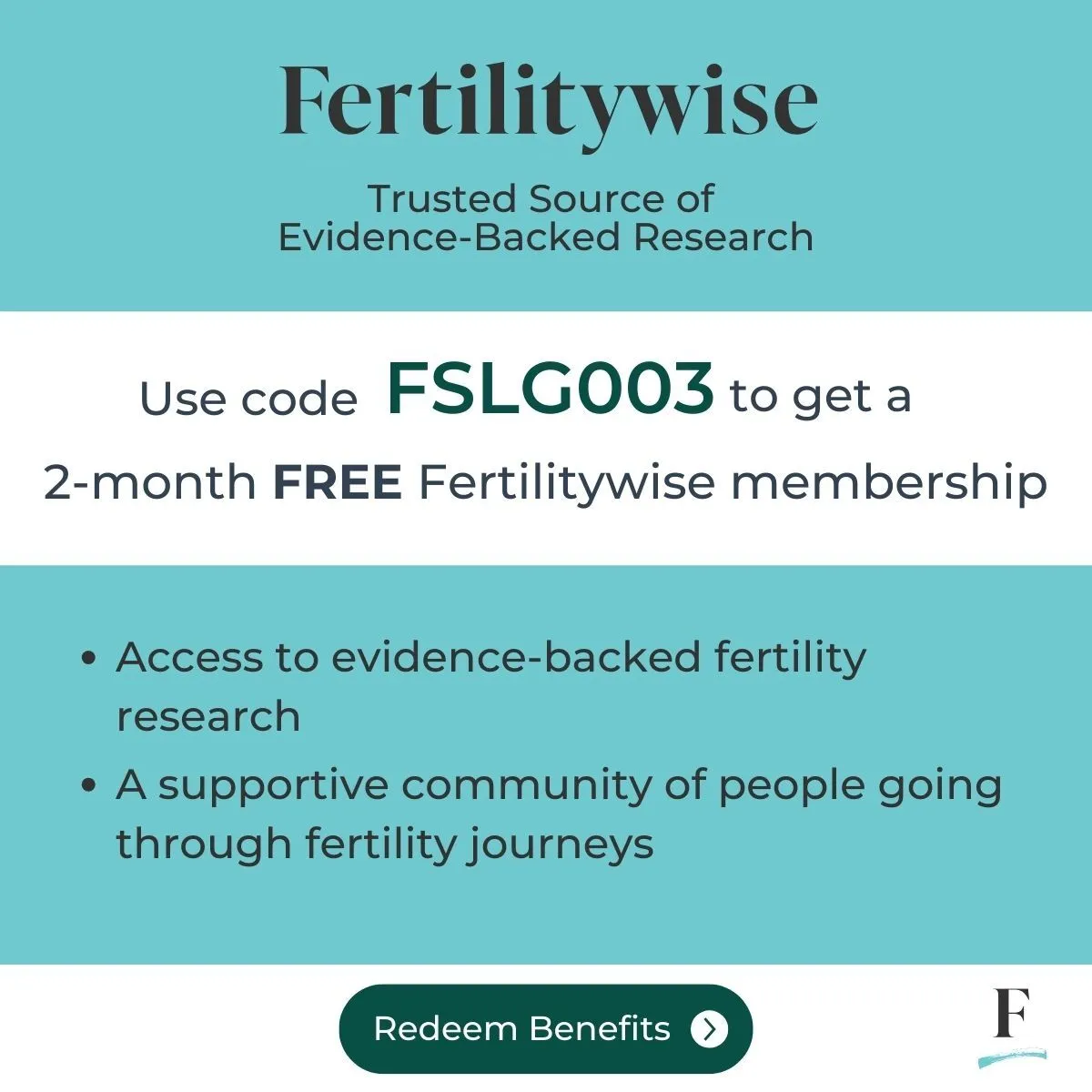Many couples in California have fertility issues and need assistance to start their families. Becoming an egg donor allows you to assist multiple families struggling with infertility.
Becoming an egg donor
Choosing to become an egg donor allows you to help people struggling with infertility so that they can have children of their own. Donors must meet specific criteria to become eligible donors. In most cases, women must be between the ages of 21 and 34 to ensure that quality eggs can be retrieved. Most donors work with a placement agency and are usually anonymous.
Prospective donors must also undergo specific tests to ensure that they’re healthy to donate their eggs. For example, donors receive screening for diseases like HIV, syphilis, chlamydia, gonorrhea and hepatitis B and C. Other tests include determining whether there are any genetic diseases in the individual’s background, such as cystic fibrosis. In addition, mental health screening ensures prospective donors don’t have mental health disorders that can be genetic.
How egg donation works
Egg donation can be complicated on the body as donors undergo fertility treatments so that they can produce more eggs than usual during ovulation. In addition, fertility treatments can create physical and psychological tolls on the donor, which is why mental health screening is essential.
A woman who chooses to donate her eggs will have multiple medical appointments to prepare for egg retrieval. In addition to using fertility medications, blood tests and ultrasounds to see the ovaries are now standard. Once egg retrieval occurs, the donor undergoes the procedure while sedated, so there is no pain or discomfort, which involves a needle inserted into the vagina during an ultrasound.
Becoming an egg donor is a selfless way to help people have children, but you must decide whether it’s appropriate for you.

